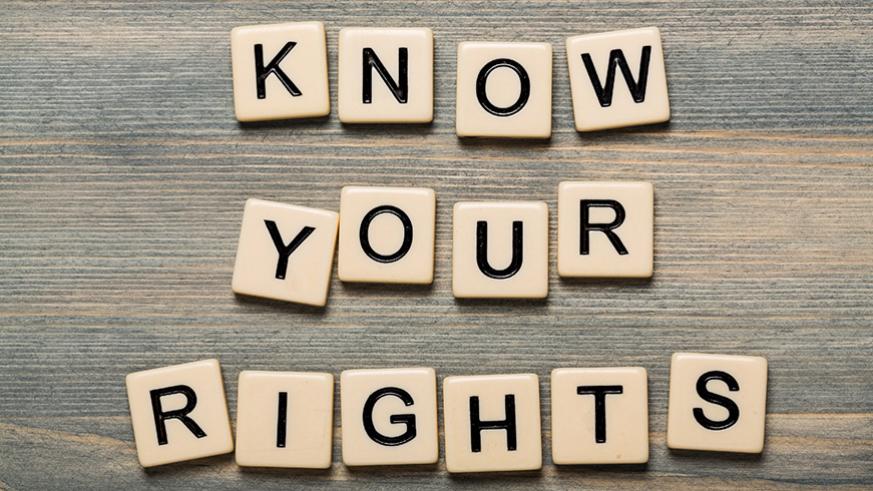What can I set a boundary around? Examples of your relationship rights

When we enter into an intimate relationship, we give our partner the right to have intimate access to us. But it's easy to forget that we have rights too, especially when experiencing deception and betrayal.
This can be a good place to start with boundaries.
What are my rights?
What are my feelings, when those rights are not honored?
I have the right to:
- Expect honesty and transparency in word and deed from every single person I am in close relationship with, especially my partner. No secrets, nothing hidden.
- Full access to all financial assets, logins, passwords, keys, documents.
- Expect that my partner work harder and put in more time finding and accomplishing appropriate professional help for his betrayal and deceptive behaviors and unhealthy coping mechanisms that caused myself, and our relationship damage, than he did on his addiction.
- Expect that my partner participate in the full therapeutic disclosure process, listen to my losses letter/impact statement and provide me with amends for the disempowerment and pain they caused.
- Protect myself and my children from the my partner's acting out behaviors or other examples modeling pornography use, toxic anger, open resentful and contemptuous speech, or yelling.
- Expect my partner to initiate check-ins about his recovery work and changes brought about by recovery.
- Express all my feelings with “I feel” statements.
- Ask for what I need to feel safe and connected.
- Set boundaries that help me safe in the relationship without considering what other therapists, pastors, sponsors or other recovery associates opinions are.
- Take as much space and distance as I need from my partner, or other family members when I don't feel safe around them.
- Spend as much money as I need to for therapy for the trauma caused by my partner's actions, or any other medical issue. Betrayal trauma therapy is health care, and I cannot be denied health care.
This is obviously a limited list, but hopefully these real-life examples will get you started with your own list of relationship rights.This list is just a few examples of your human rights in relationship. You can make your own list, based on your own personal values, and then set boundaries around those rights.
